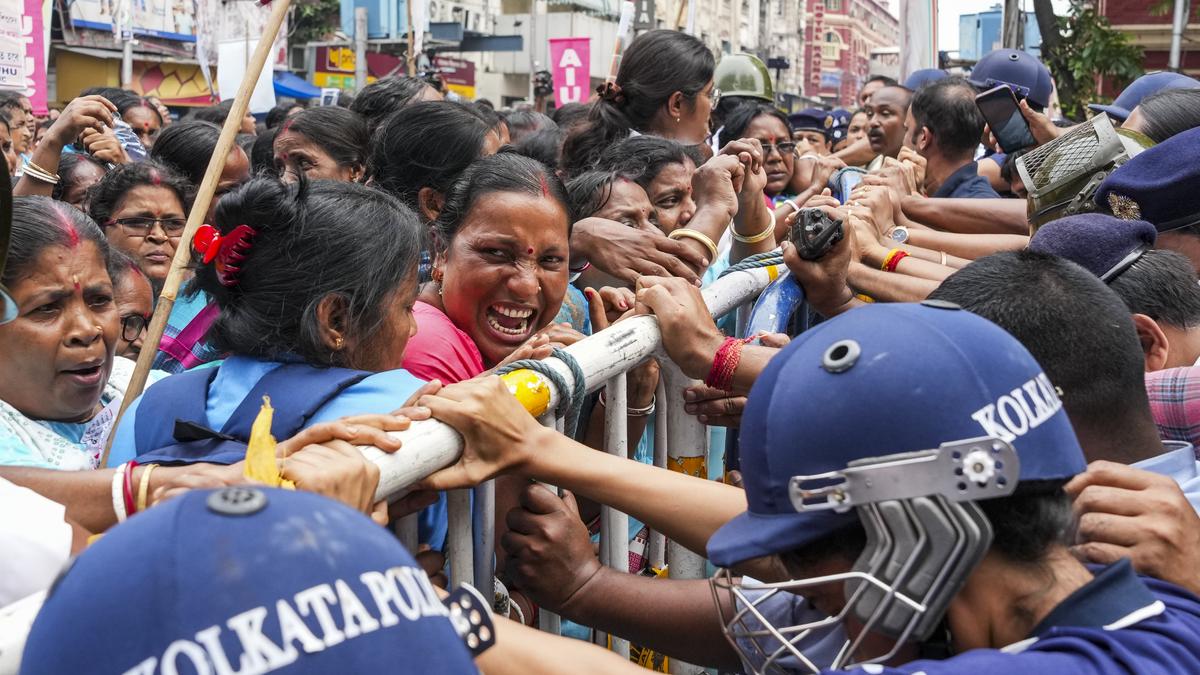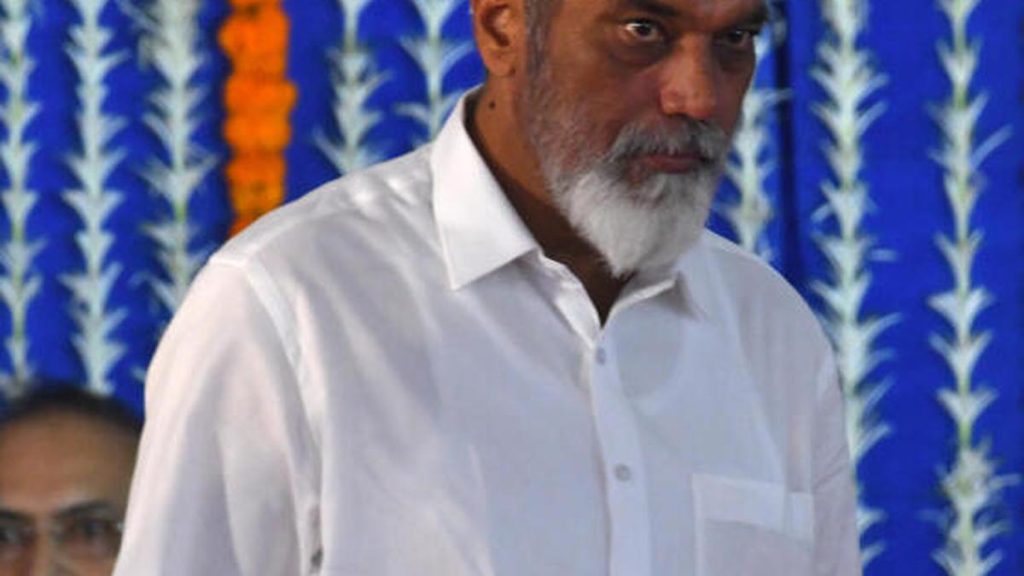Now Reading: West Bengal ICDS Workers Protest Over Delayed Budget and Unmet Demands
-
01
West Bengal ICDS Workers Protest Over Delayed Budget and Unmet Demands
West Bengal ICDS Workers Protest Over Delayed Budget and Unmet Demands

Quick Summary
- Anganwadi and ASHA workers in West Bengal have staged protest rallies demanding higher budget allocation for nutrition, permanent employment, fixed salaries, smartphone provision, life insurance during work-related deaths, and pensions.
- The protest was organized by unions such as the West Bengal Anganwadi Workers and Helpers Union and the AIUTUC union of Socialist Unity Center of India (Communist). Delegations were submitted to the Governor at Nabanna (State Secretariat), Chief Minister Mamata Banerjee, and Bikash Bhawan (Child Welfare Department).
- Union secretary Madhavi Pandit warned of larger strikes if their demands remain unmet.
- The State’s 2025 budget allocated ₹200 crore in February for smartphones for 70,000 ASHA workers but no distribution occurred even after five months.
- Many workers struggle with inadequate pay (e.g., ₹167 allowance for mobile data recharge) while conducting essential tasks like digital documentation. They claim this impairs basic rights related to mother-child care programs they are meant to deliver.
- Anganwadi workers across India play a critical role in community healthcare but frequently enough lack permanent status and employee benefits; similar protests have occurred nationwide.
Indian Opinion Analysis
The ongoing protests by anganwadi and ASHA workers reveal deeper systemic challenges within public healthcare delivery frameworks in India. These frontline caregivers play a vital role bridging gaps between communities-especially rural ones-and healthcare systems through services aimed at improving child nutrition, maternal health, and education outcomes. However, the dissatisfaction over low wages paired with honorarium-based employment continues to undermine their motivation despite their indispensable contributions.
Failure by the West Bengal government to distribute promised smartphones suggests either bureaucratic inefficiency or delays undermining policy implementation timelines-adding tension among these workers engaging in increasingly digitized tasks without adequate resources. The recognition of permanent status alongside relevant benefits like pensions would not only improve workforce morale but ensure greater retention of skilled personnel crucial for sustained child welfare initiatives throughout India.
For continuation on this topic: Read More
























